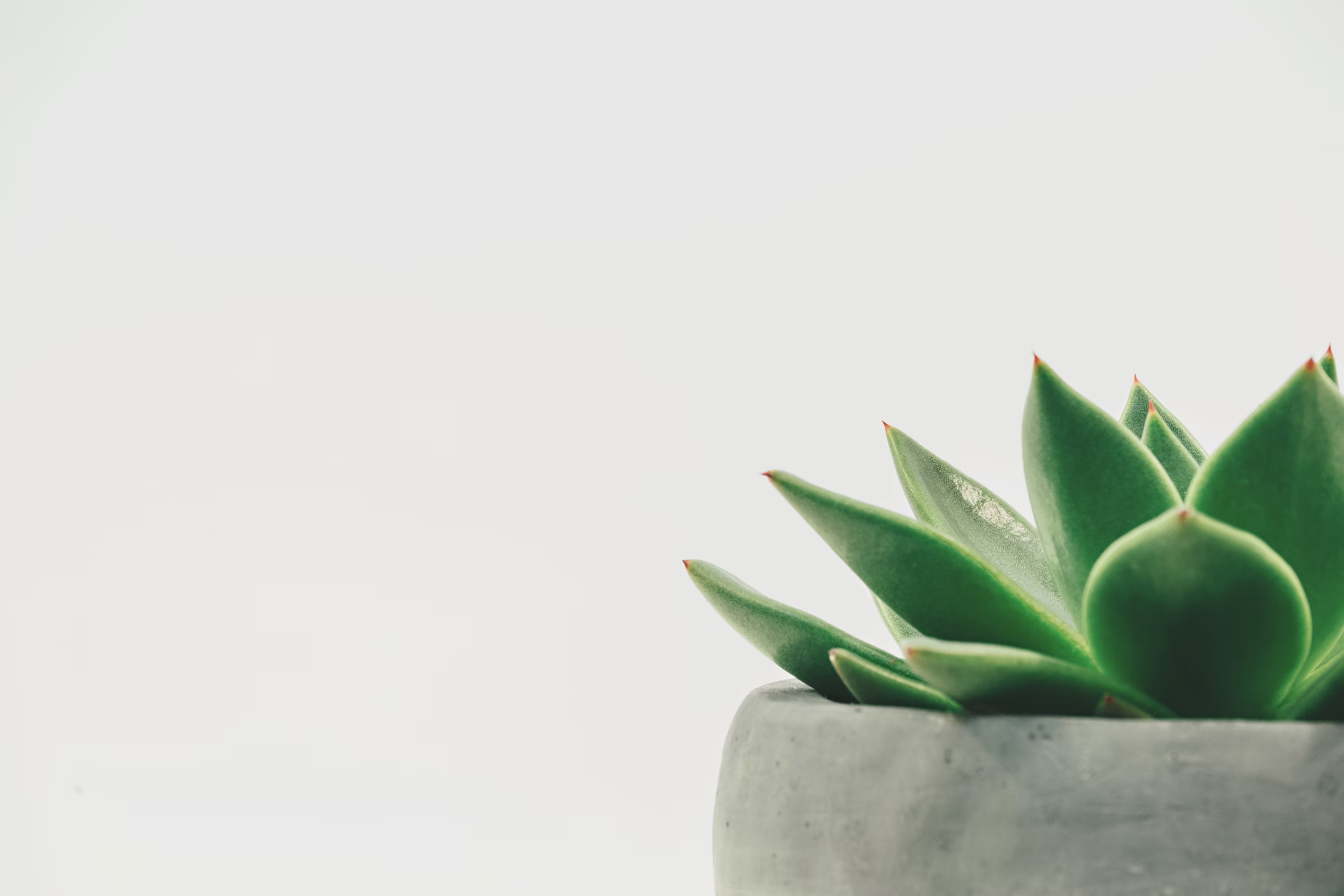Key Takeaways
- Unstable relationships can make you feel anxious and like the relationship could end at any point.
- Conflict can be healthy in a relationship because it shows that needs are being expressed. But conflict that occurs too much or is disrespectful can be unhealthy.
- Some mental health conditions can make a relationship harder, but this doesn’t mean you can’t be in a happy relationship.
Close social connections can protect us against chronic illnesses, help us live longer, and bring a smile to our faces during a difficult day. But what about relationships that leave us feeling drained, unsettled, or anxious? These are the kinds of relationships that can be unstable. They can exist between romantic partners, co-workers, friends, and family.
Unstable relationships can be characterized by frequent mood swings from one or both people, a rollercoaster of emotional highs and lows, and unhealthy communication. They can make you feel like you have to walk on eggshells, and it might feel like any fight could end the relationship.
Sometimes, this means the relationship does need to end. But, other times, there are steps you can take to cultivate a healthy environment to rebuild the relationship so it can thrive.
Signs that you’re in an unstable relationship
Imagine the following scenarios:
- Right before you’re about to meet up with your sister, you get a sinking feeling in your stomach. This happens almost every time. You don’t know which version of her you’ll meet. Will she lash out and say mean things to you, or will she be nice
- You also don’t always know how to control your behavior. Sometimes, you say things you regret or have unpredictable emotions you can’t control. This can leave the people in your life feeling uneasy and like they can’t risk upsetting you.
- Your romantic relationship also suffers. Your partner doesn’t know how to effectively bring up problems, and they’re often emotionally unavailable. Often, you feel like you’re to blame for your relationship issues. This makes you feel bad, so you avoid talking to your partner about how they treat you.
These are all signs of unstable relationships that can take a toll on your mental health. In fact, studies show that relationship instability increases your cortisol (stress) levels.
The care you need, when you need it
Learn how Rula can support your mental health journey
What kind of conflict is too much?
Fighting in a relationship can actually be healthy when couples are mindful about the ways they approach conflict. Mindfulness is important to the relationship’s quality and conflict resolution strategies.
“Conflict is connection. It’s how we figure out who we are, what we want, who our partners are and who they are becoming, and what they want,” according to Drs. John and Julie Gottman, globally recognized relationship experts and psychologists.
But it can depend on the frequency or kind of conflict. If you argue every day or every time you hang out, that’s probably too much. This frequency can wear on each person and lead to an expectation that there will be an argument.
If you feel emotionally drained more often than not with your partner or if you or they resort to personal attacks during a disagreement, this is a tell-tale sign of unhealthy conflict. If you find yourself anxious or tense before, during, or after most interactions with someone, this also isn’t a good sign.
A lack of conflict can also be cause for alarm. This may mean that you or your partner feels uncomfortable or nervous talking about problems. Tension often builds up when people feel they can’t discuss important issues, like problems in their relationship.
Can mental health conditions make you “unfit” for a relationship?
Certain mental health conditions can make relationships more challenging. For example, having or dating someone with borderline personality disorder (BPD) can present obstacles that many other couples don’t have. BPD often involves sudden mood swings, self-destructive behavior, impulsiveness, and a fear of abandonment. People with BPD often have a history of unstable and intense relationships. But this doesn’t mean they can’t have successful and happy relationships with the right support.
Depression and bipolar disorder — both mood disorders — can also test a relationship. Both conditions can cause someone to isolate themselves from loved ones because of depressive symptoms. This, understandably, can put a strain on relationships.
Bipolar disorder can also include mania. Manic episodes are characterized by excessive energy, less need for sleep, exaggerated self-confidence, aggressive behavior, and increased sexual behavior and energy. This could lead to risky behavior, like impulsively investing money from a shared bank account.
If you have a mental health condition, know that this doesn’t mean you can’t have a happy and long-term relationship. In fact, many people do, despite the challenges. If you worry that you might bring more negatives than positives to a relationship due to your mental health, it might be worth talking to a qualified health provider, like a therapist. They can help you talk through your worries and how you can manage your mental health symptoms.
How to create emotional stability with your partner
You and your partner can work on improving an unstable relationship dynamic. It won’t happen instantly and does take work. But the investment can be worth it if you’re both committed to improving your relationship.
Some ways to build emotional stability with your partner include:
- Emotional self-regulation: It’s normal to go to your partner when you have a bad day or are upset, but it’s also important to learn how to self-regulate — especially if you’re in an unstable relationship. That way, when things get stressful, you’ve already calmed your nervous system, so you can approach a conversation with your partner calmly. Some helpful techniques include mindfulness, recognizing your feelings instead of ignoring them, cognitive behavioral practices, and pausing before you speak during a disagreement.
- Gratitude: Ask your partner if they’d be open to starting a daily practice in which you both share things about each other that you’re grateful for. This could be something as simple as acknowledging that they took out the trash or listened intently when you told a story. This practice can help you both build appreciation for each other.
- Therapy: Individual therapy can go a long way to help both you and your partner process past difficult experiences and feelings about the relationship. Cognitive behavioral therapy (CBT) is one route. CBT is a type of talk therapy that helps people recognize destructive and unhelpful thought patterns and transform them into helpful ones.
- Couples counseling: Couples counseling can teach you and your partner how to effectively communicate with each other and also learn how to be more emotionally vulnerable, which helps strengthen the connection between people.
- Relaxing dates: It can be easy to get caught up with the stress of everyday life, inadvertently creating tension within your relationship. Finding time to connect in playful or light ways can pour into each other’s “love bank.” For example, you can watch a comedy special together or spend an hour at a cat cafe petting cats.
A combination of self-help practices and professional support can help transform an emotionally unstable and rocky relationship into a solid, happy one. It’s also helpful to remember that, while your relationship is important, your safety and health come first.
Working with a skilled therapist can help you explore reasons you may be consistently drawn to people and relationships that feel unstable. We often are drawn to familiar patterns of behaviors that feel predictable, even though they may not feel good. Healing those parts of yourself can lead to more stable and secure relationships in the future.
Find care with Rula
Relationships are supposed to bring joy to your life, but if you’re experiencing an unstable one, it’s probably anything but. And while you and your partner might want to improve your connection, you might not know how. That’s where Rula comes in.
Rula’s diverse network of over 15,000 providers means that you can find one who’s compatible with you and takes your insurance. You and your partner can meet with a therapist via live video as soon as tomorrow.

About the author
Siobhan Neela-Stock
Siobhan Neela-Stock is a writer and journalist who focuses on health, particularly mental health. She earned her master's in journalism from Northwestern University in 2018 and worked at Mashable for over two years where she focused on social good reporting.
Her writing has appeared in the New York Times, SELF, Fortune, Verywell Health, among other publications. Neela-Stock also teaches writing and journalism at several universities.
She enjoys traveling, dancing, playing dodgeball, and spending time with her loved ones.
Rula's editorial process
Rula's editorial team is on a mission to make science-backed mental health insights accessible and practical for every person seeking to better understand or improve mental wellness.
Members of Rula’s clinical leadership team and other expert providers contribute to all published content, offering guidance on themes and insights based on their firsthand experience in the field. Every piece of content is thoroughly reviewed by a clinician before publishing.





